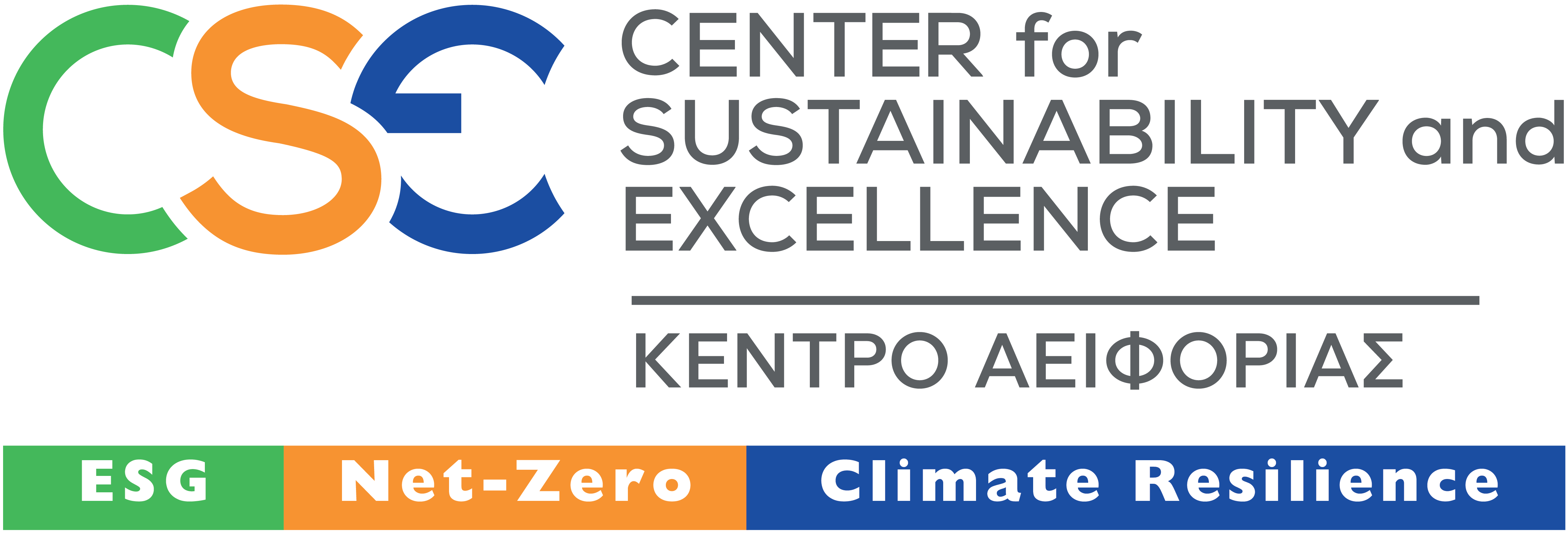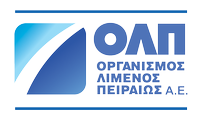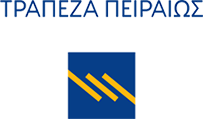Surprising Findings revealed by CSE’s research on Sustainability (CR) and Non Financial Reporting in Europe
The Centre for Sustainability and Excellence (CSE) announces its annual Research for Sustainability (CR) Reporting Trends in Europe 2018. The research explores the level of commitment of European companies, through their common Sustainability and Corporate Responsibility strategic goals, and how well they measure their impacts and social value.
CSE’s research looked at four hundred and seventy five (475) companies from eight (8) leading business sectors that represent 20% of total Reporting companies. These sectors are financial services, construction, food and beverage, logistics, chemicals, healthcare, telecommunications, energy.
The Research is intended to provide valuable information to stakeholders including investors, business leaders, company boards, CSR and sustainability professionals, NGOs, customers, academics, and students. The research includes a comparative analysis of the common Sustainability Strategic Objectives per sector in selected European Countries, the common Social Impact Goals and the practices followed by EU companies on how to measure their social impact, as well as the impact of the EU Directive on non-financial reporting. Additionally, the Research explores reporting practices, external assurance practices and the integration of the UN Sustainable Development Goals (SDGs).
Top 5 Trends and Challenges revealed by the Research:
- Companies in Europe tend to focus and commit to specific strategic objectives, regardless of their sector and location of operations. Objectives include, among others, climate change and energy efficiency, sustainable operations and sustainable supply chains.
- The social impact goals of these companies relate to expanding the reach of their sustainability strategies to their business partners, mitigating the impacts to local communities and providing responsible products and services. However, significant gaps have been identified in the impact measuring of those initiatives and application of practices. This could be achieved through a Socioeconomic Impact Assessment or the use of tools such as SROI.
- Adoption of the UN Sustainable Development Goals (SDGs) has proceeded rapidly in Europe. A significant percentage of reports already include specific commitments to the SDGs and it is expected that the majority of businesses will embed SDGs into their strategy and business practices within the next five years.
- The use of specific Reporting guidelines is growing, thus adding value, integrity, transparency and reliability to Reports. Of the many guidelines available, 55% of examined companies use the Reporting Guidelines of the Global Reporting Initiative (GRI), which improve stakeholder transparency. No significant trend for Integrating Reporting practices has been identified, despite the new Directive for non-financial Reporting.
- In Europe, the majority of reports (76%) following reporting guidelines has not sought external assurance and therefore these reports do not get the credibility they deserve. Although their aim is to become more transparent regarding the disclosure of non financial information, they are only half-way there.
For the full report, please contact [email protected]
Report findings will be presented at CSE’s Sustainability Practitioner Program (Advanced Edition 2018 in London, this December 6-7, 2018. CSE research programs inform the continuous updates of the online specialized courses offered by the Sustainability Academy.








